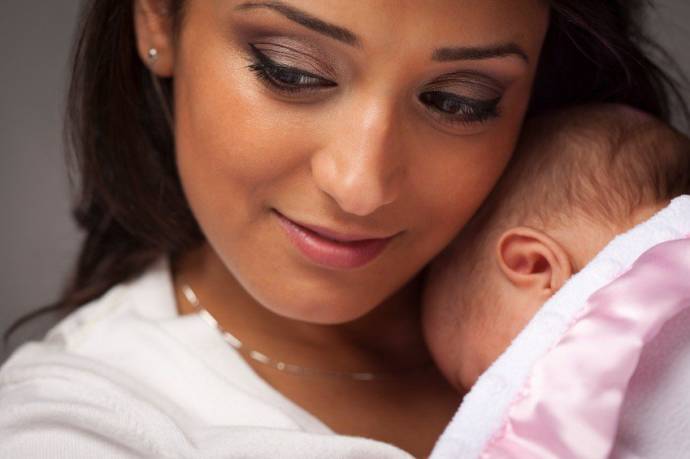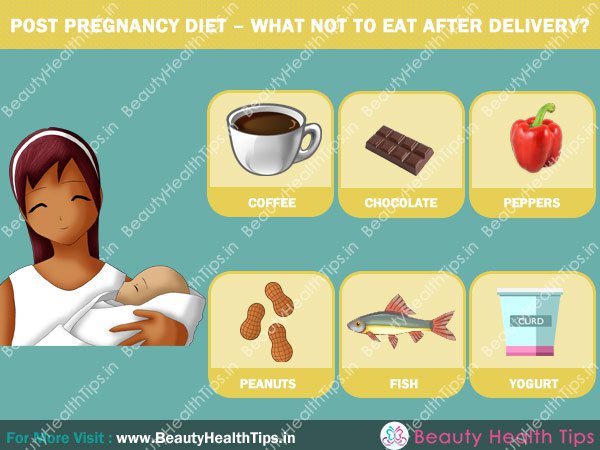Should you consume ghee for health benefits after delivery/labor?
Are you a new mother? If you’ve given birth recently then you’re probably getting to hear a lot of advice from your relatives and friends about what to eat and what to avoid in your diet. All this incoming information can be very confusing and some of the advices can be contradictory in nature.
Who should you listen to? You’re probably wondering if you should go on a special diet or just stick to regular food. Indian culture places a lot of misplaced importance on food and the frequency of folk remedies and old wives’ tales double up when it comes to a post-partum diet for new mothers. One such common remedy is the addition of ghee to the diet in very large quantities.
Many women are advised by their elder relatives to literally drink ghee everyday for quick recovery. This is a very common pregnancy myth and you can find at least one ghee loyalist in almost every Indian household. We are here to bust this myth and show you why this is not a good idea. Nonetheless, it is important to maintain a balanced diet after delivery.
Don’t consume too much ghee
Ghee is rich in nutrients like Vitamins A, D, E, K and calcium and it can also make any food item very tasty. But, it is very high in calories, about 717 calories per 100 grams of serving.
It is also very high in saturated fat about 7.6 grams per serving. Therefore, consuming very large quantities of ghee can be very unhealthy and especially more so after delivery. It can increase your weight and lead to obesity which will bring a host of other health problems. It can also increase your blood cholesterol levels and cause heart disease.
After giving birth, most women try to get back into shape quickly and consuming too much of ghee is surely not a good idea. You will need to shed some extra kilos to come back to your pre-pregnancy weight.
If you don’t lose this excess weight you will keep putting on more weight with subsequent pregnancies and all this additional weight will keep accumulating and ultimately lead to obesity and cause serious health risks.
Weight loss after pregnancy occurs at different rates for different people according to their body mass index. Those who gain more weight than usual during pregnancy will have more difficulty in getting rid of the extra weight after delivery. Consult with your doctor if you have any major problems and try to maintain a balanced diet during this time.
Maintaining a balanced diet
It is not required to eat a lot just because you’re breastfeeding. Instead maintain a well-balanced diet which is rich in all the necessary nutrients. Proteins are the building blocks and you should eat enough of dairy products, grains, pulses, nuts, eggs, meat, fish or poultry. Avoid deep fried and fattening food.
It is highly important that you eat a lot of vegetables and fruits rich in vitamins, minerals and roughage. You will probably require supplements of iron, vitamin B complex and folic acid for a few months after giving birth. You will also need to increase your calcium intake during pregnancy and lactation.
Myth surrounding post-partum ghee consumption
There is a common myth that ghee acts like a lubricant for the joints similar to grease for machines and cars. So, a lot of people advise women to consume a lot of ghee to strengthen their joints after delivery.
Now, ghee contains calcium as it is made from cow’s milk therefore it might actually help in strengthening bones, but does nothing to lubricate the joints. There are other rich sources of calcium that are not as fattening as ghee is. Raw milk and curd are great options along with non-dairy foods like spinach, broccoli and almonds.
How much ghee should you actually consume?
Now that we have busted the myth around drinking lots of ghee after delivery, here’s how much ghee you should actually be consuming.
There is no need to specifically increase or decrease your consumption of ghee after childbirth. Ghee is known to bring relief from constipation. Drinking a glass of milk mixed with a teaspoon of ghee before bed helps to clear the bowels in the morning.





